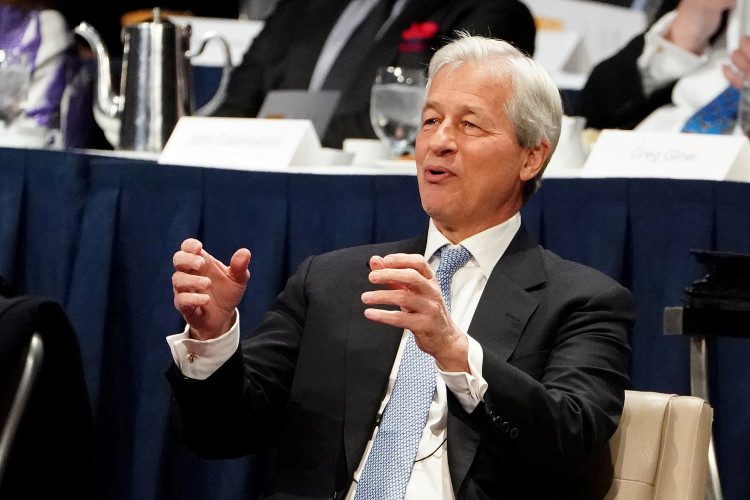Jamie Dimon, the influential CEO of JPMorgan Chase, has positioned artificial intelligence (AI) at the forefront of transformative technologies that could redefine the global economy, drawing parallels to historical milestones such as the printing press and electricity. In his widely read annual shareholder letter, Dimon underscored the burgeoning impact of AI on various sectors, noting that nearly 40% of global employment could experience disruption due to this emerging technology.
Dimon's commentary arrives at a time when the financial world is closely monitoring the integration of AI across industries, with notable effects already visible in fields ranging from medicine to finance. This shift is mirrored in the financial performance of companies associated with AI advancements, such as Nvidia, which has seen a substantial increase in its stock value.
Under Dimon's leadership, JPMorgan is not just observing the AI revolution but actively participating in it, with plans to harness generative AI to enhance software engineering, customer service, and overall employee productivity. The bank's commitment is evidenced by its assembly of over 2,000 AI and machine learning experts, tasked with developing applications that span fraud detection to risk management.
However, Dimon also cautions against the potential risks associated with AI, particularly in cybersecurity, where AI tools could be exploited for malicious purposes. This concern is amplified by JPMorgan's recent experiences with increased hacking attempts, prompting the bank to allocate significant resources towards bolstering its cyber defenses.
In addition to AI, Dimon's letter addressed other pressing issues, including the acquisition of First Republic's assets, which marked a significant moment in the U.S. banking sector following the collapse of several regional banks. This move, according to Dimon, was a strategic response to a banking crisis that, while seemingly contained, still poses a risk under certain economic conditions.
Dimon also delved into broader economic and geopolitical concerns, warning of inflationary pressures and the potential for a more tumultuous global landscape reminiscent of the pre-World War II era. He highlighted several factors that could contribute to ongoing inflation, despite current indicators suggesting a possible soft landing for the economy.
The JPMorgan CEO's insights extend to the realm of interest rates and their impact on the commercial real estate sector, where he predicts significant stress in the event of rate increases coupled with a recession. This perspective is part of Dimon's broader critique of the relationship between banks and regulators, which he believes lacks the necessary collaboration to ensure effective oversight without unintended consequences.
On the geopolitical front, Dimon emphasized the heightened risks posed by international conflicts and the need for Western democracies to reassess their security strategies in light of recent events in Ukraine and the Middle East. He argues for a reinvigorated focus on national security, especially during times of apparent tranquility.
Dimon's reflections on the role of social media in society suggest a more user-centric approach to content curation, which could offer a reprieve from the deluge of information and enhance the educational value of these platforms.
Concluding his extensive commentary, Dimon provided an update on the First Republic acquisition, highlighting the financial and operational successes of the deal while reminding readers of the complexities involved in such transactions.






